Talking About Extinction In Front of Dinosaurs
I'm back from the first Climate Engineering Conference, held in Berlin. Quite a good trip, but in many ways the highlight was the talk I gave at the Berlin Natural History Museum. The gathering took place in the dinosaur room, which holds (among other treasures) the "Berlin Specimen" Archaeopteryx fossil, among the most famous and most important fossils ever discovered.
The acoustics of the place, however, were terrible, so I don't know how well any recordings will turn out. Fortunately, I had to script my talk, so I can offer the full text of what I said:
I’ve been doing foresight work for the past 20 years or so, and put simply, my job is to look at the big picture. To get away from the perspective of quarterly results and short horizon thinking. To break away from conventional points of view by stepping way back. Unsurprisingly, these days much of my work focuses on climate disruption and topics like geoengineering. But here’s the secret: in planetary terms, our actions don’t actually matter that much in the long run. The Earth, as a planet, as a global ecological system, will – over time – be just fine.After all, it’s dealt with worse than us. Environmental scientists may call the current era the “sixth extinction,” but human civilization is still pretty much a comparative amateur when it comes to wiping out the Earth’s species. Given that there’s a past extinction event called The Great Dying, responsible for killing off possibly 90% of the species on the Earth at the time, arguably we’re nowhere near as dangerous to nature as nature is itself.
But here’s the thing: even after the Great Dying, life came back and, over time, flourished. Every extinction event has eventually become the catalyst for a new surge in life. Given time, evolution works. Environmental niches get filled. Species emerge and change to take full advantage of new planetary conditions. The animals and plants we worry will disappear as the result of human carelessness and ignorance are, in evolutionary terms, only temporary residents of the world – ephemeral, just like we are. The image we have in our heads of what the global environment looks like today is just that – a static snapshot of a dynamic system.
This realization – that the Earth will abide, no matter our mistakes – may seem liberating but is actually quite sobering. Because what this knowledge tells us isn’t that we’re free to do what we will, but that the brutal strength of our fears about what human activity is doing to our world comes from its effect on us. The Earth may be fine, but the fragile webs connecting human civilization to the planet’s ecosystems won’t be.
We don’t need to worry about driving the bees to the edge of extinction because the Earth will somehow be harmed; given time, evolution will fill that niche. We need to worry about the bees because without them our ability to feed ourselves will be eviscerated. Any anxiety we have about the creation of ocean dead zones or the collapse of fisheries is really about what these conditions will do to humanity, to the ability of seven-plus billion people to survive. And the dangers from global temperatures rising by five or more degrees over the course of just a century – an increase so fast in geologic terms it seems as if humanity is somehow the warming equivalent of an asteroid hitting the planet – these dangers will simply make it impossible for human civilization to continue on its current path.
So, does that mean civilization will collapse? Probably not. Humans are reasonably smart. As a species, we’ve survived massive natural environmental disruption before, and with less knowledge and fewer tools than we have today. But that’s not the whole story.
When writer William Gibson said that “the future is here, it’s just not evenly distributed,” he wasn’t just talking about technology. Imbalances in resources, in power, in luck all mean that a majority of the world’s population already lives on the precarious edge of catastrophe. From my “big picture” futurist point of view, it’s easy to say that we’ll adapt. But for far too many of us, that process of forced adaptation will be tragic, and painful, and deadly.
Saying that the Earth will be fine isn’t an attempt to absolve ourselves of responsibility for the harm that we’ve done to the planet. Rather, it’s a blunt acknowledgement that the concerns we have about the world are ultimately – and, I think, appropriately – selfish. The health of the environment, here in this moment of the Anthropocene, is directly connected to the health of human civilization. We’re not separate from nature, we’re very much a part of it; in every sense that matters the well-being of the Earth is thoroughly, intimately, interwoven with our future. In other words, when we harm the planet today, we are really harming ourselves over the long tomorrow.
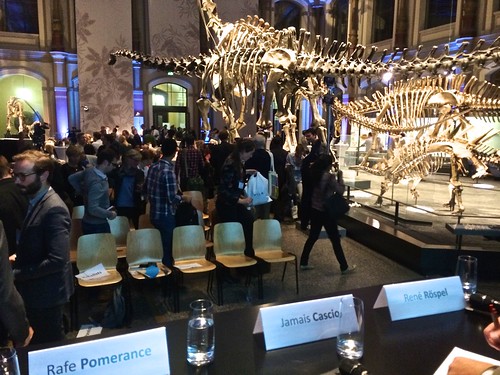



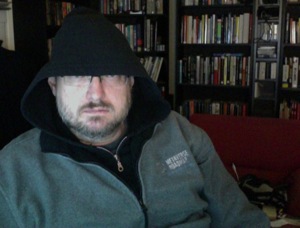 Every year, Bruce Sterling does a masterful job of talking about the "state of the world" at The WELL. For two weeks, Chairman Bruce holds center stage, answering questions and pontificating (as only the former Pope/Emperor of the Viridian movement can). It's great fun. This year, however, the folks at The WELL asked me to do the follow-up conversation: a
Every year, Bruce Sterling does a masterful job of talking about the "state of the world" at The WELL. For two weeks, Chairman Bruce holds center stage, answering questions and pontificating (as only the former Pope/Emperor of the Viridian movement can). It's great fun. This year, however, the folks at The WELL asked me to do the follow-up conversation: a 
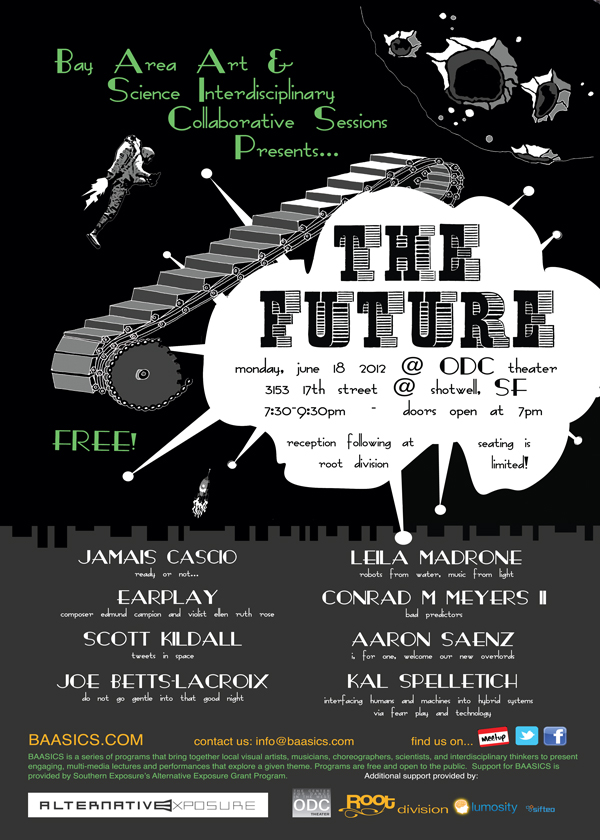
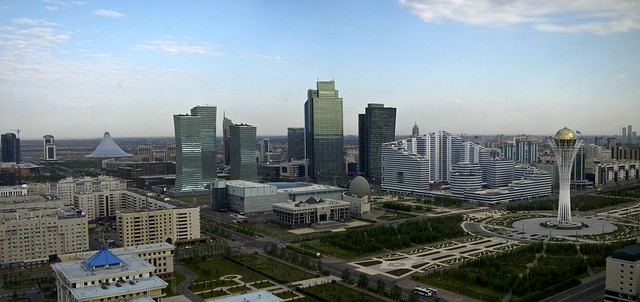

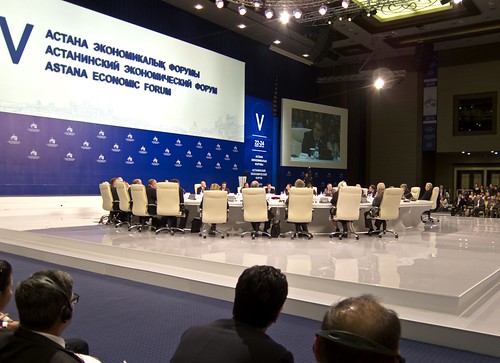
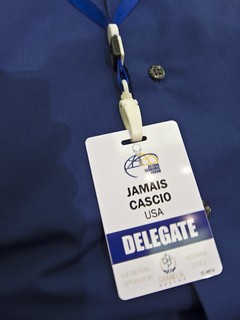
 After a few years of cajoling, the organizers of the BIL conference (in particular, one
After a few years of cajoling, the organizers of the BIL conference (in particular, one  On Monday, December 12, I'll be doing a session of
On Monday, December 12, I'll be doing a session of 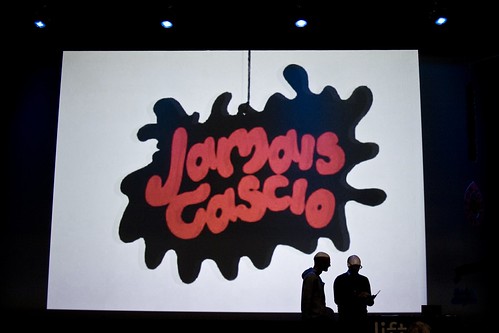
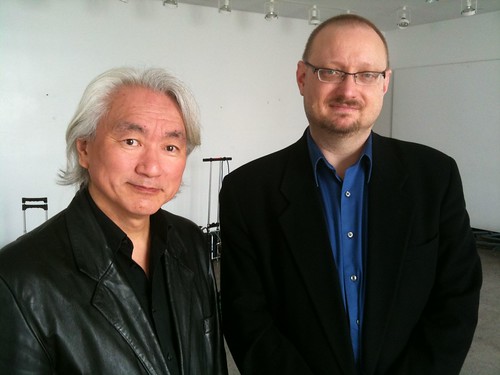
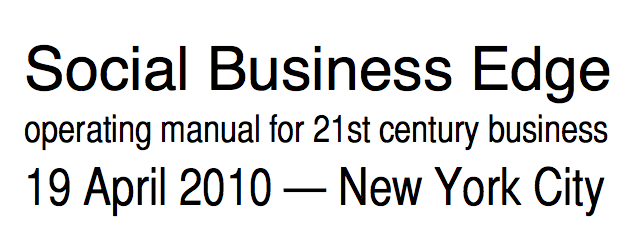 On Monday, April 19 (yeah, just two days after the UCSC thing), I'll be speaking at
On Monday, April 19 (yeah, just two days after the UCSC thing), I'll be speaking at  I'm honored to have been asked to serve on the advisory council for
I'm honored to have been asked to serve on the advisory council for 
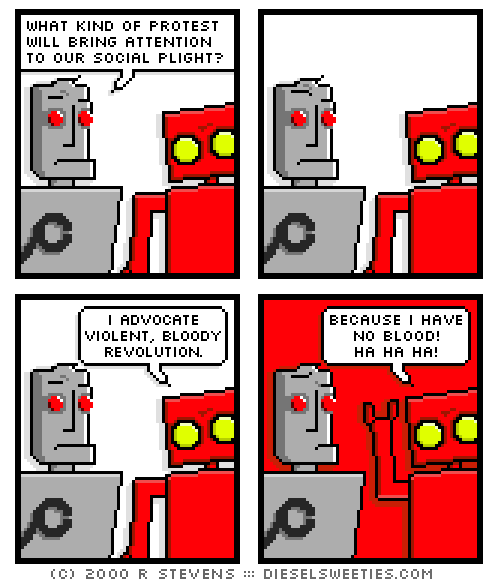 Lots of new speakers joining the Biopolitics of Popular Culture event on December 4. Here's the latest info:
Lots of new speakers joining the Biopolitics of Popular Culture event on December 4. Here's the latest info: Join me and a pretty nifty selection of speakers on December 4 at the
Join me and a pretty nifty selection of speakers on December 4 at the 
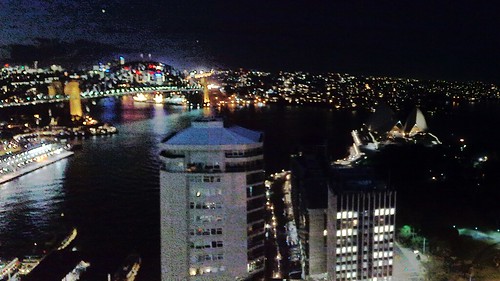


 That's the title of the talk I'm giving this Sunday (March 22) at the "
That's the title of the talk I'm giving this Sunday (March 22) at the "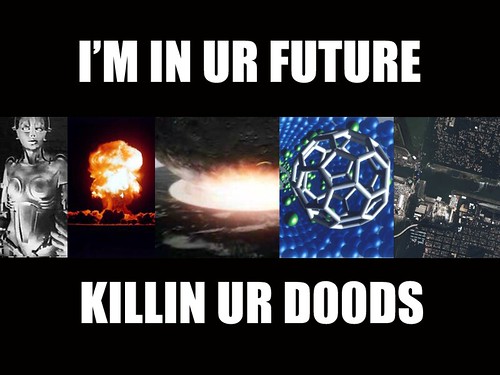

 Had both of my South-by-Southwest Interactive panels today, "Visualizing Sustainability" and "Futurists' Sandbox: Scenarios for Social Media, 2025."
Had both of my South-by-Southwest Interactive panels today, "Visualizing Sustainability" and "Futurists' Sandbox: Scenarios for Social Media, 2025." 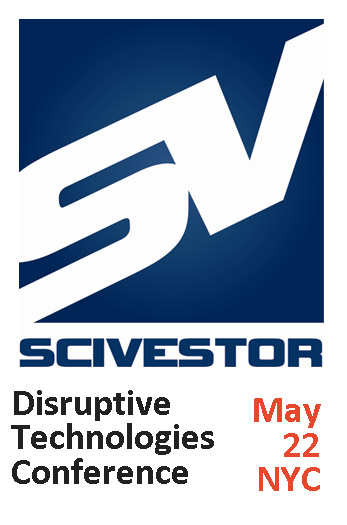 UPDATE: Sadly, this event has been canceled.
UPDATE: Sadly, this event has been canceled.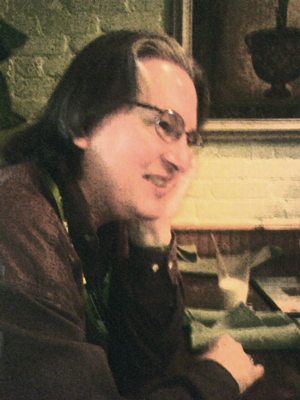 Once again,
Once again, 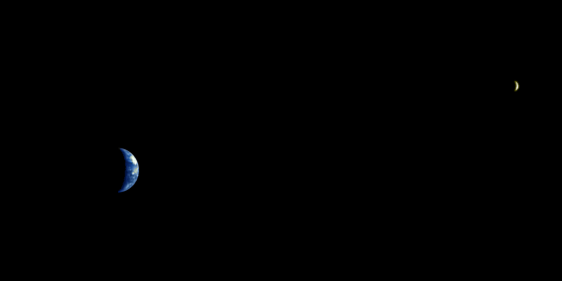
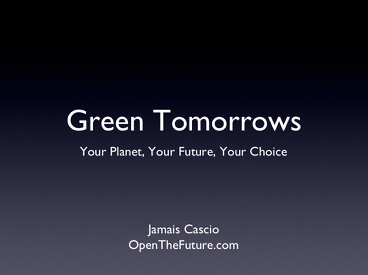 Last call for "
Last call for " On December 20th, I'll be conducting something of an experiment.
On December 20th, I'll be conducting something of an experiment.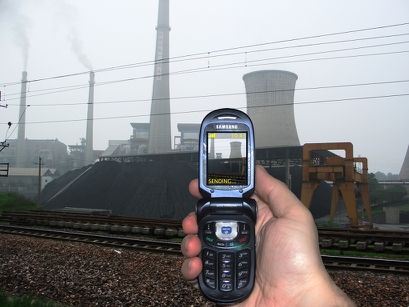


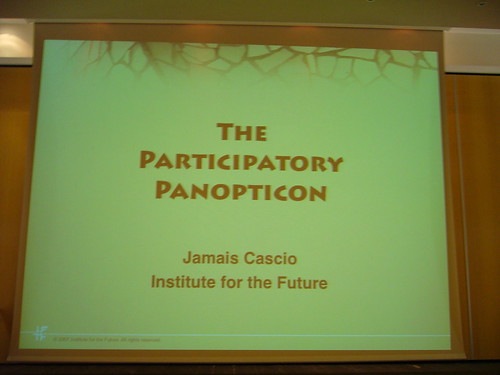

 I've mentioned before that I'll be speaking at this year's Singularity Summit, taking place in San Francisco next month. Today's the official announcement, however, so you'll undoubtedly see word of it showing up across the futurist blogosphere. Key excerpts from the press release (you can read the
I've mentioned before that I'll be speaking at this year's Singularity Summit, taking place in San Francisco next month. Today's the official announcement, however, so you'll undoubtedly see word of it showing up across the futurist blogosphere. Key excerpts from the press release (you can read the 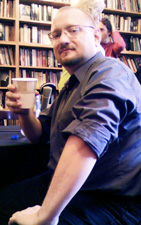 The second half of the R.U. Sirius event at the City Lights bookstore (previously,
The second half of the R.U. Sirius event at the City Lights bookstore (previously, 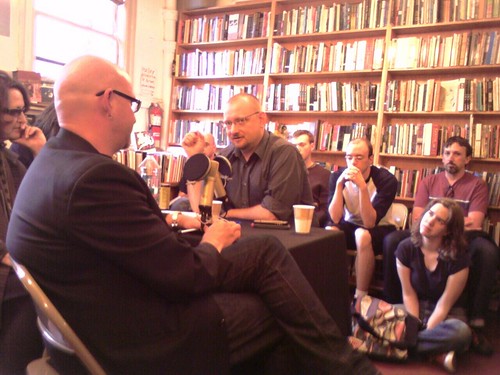

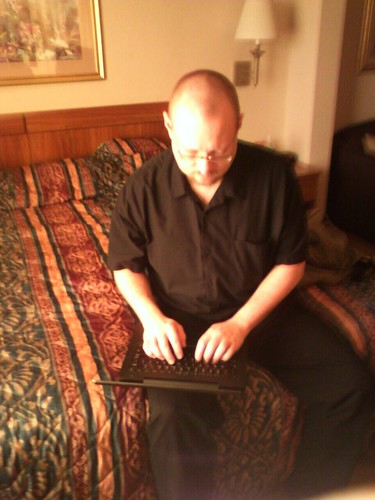
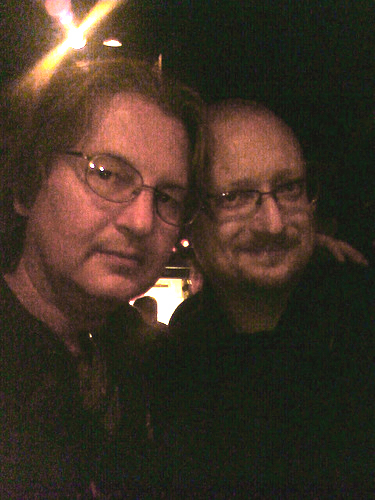
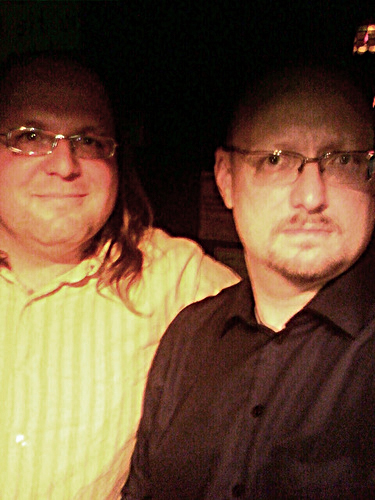
 First day of Pop!Tech, and I've opted not to try live-blogging it, in part because that's not the way I think/work, and in part because some folks do it far better than I could. Case in point:
First day of Pop!Tech, and I've opted not to try live-blogging it, in part because that's not the way I think/work, and in part because some folks do it far better than I could. Case in point:  The
The 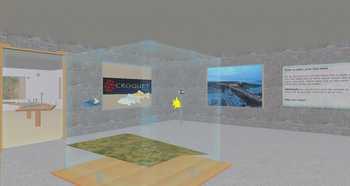 Those who cannot remember the futurist predictions of the past are condemned to repeat them, usually at conferences. That was the mantra running through my head, at least, during the
Those who cannot remember the futurist predictions of the past are condemned to repeat them, usually at conferences. That was the mantra running through my head, at least, during the 
